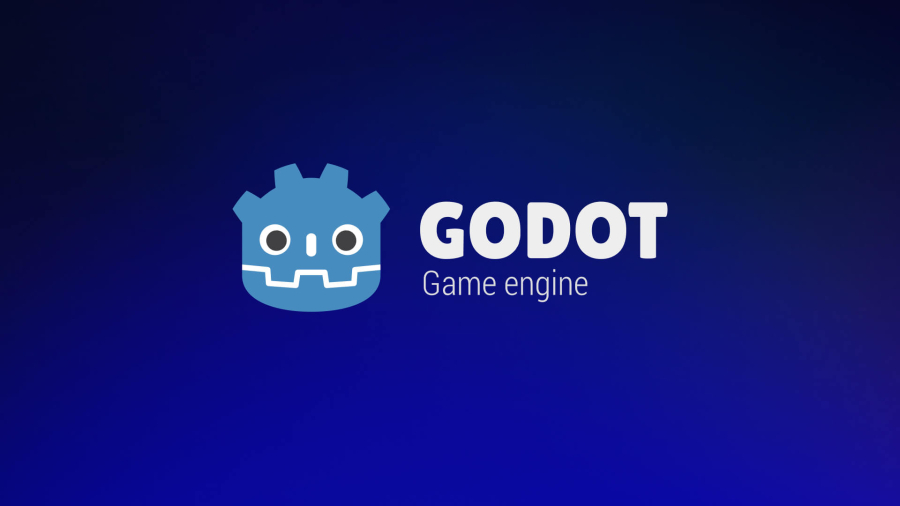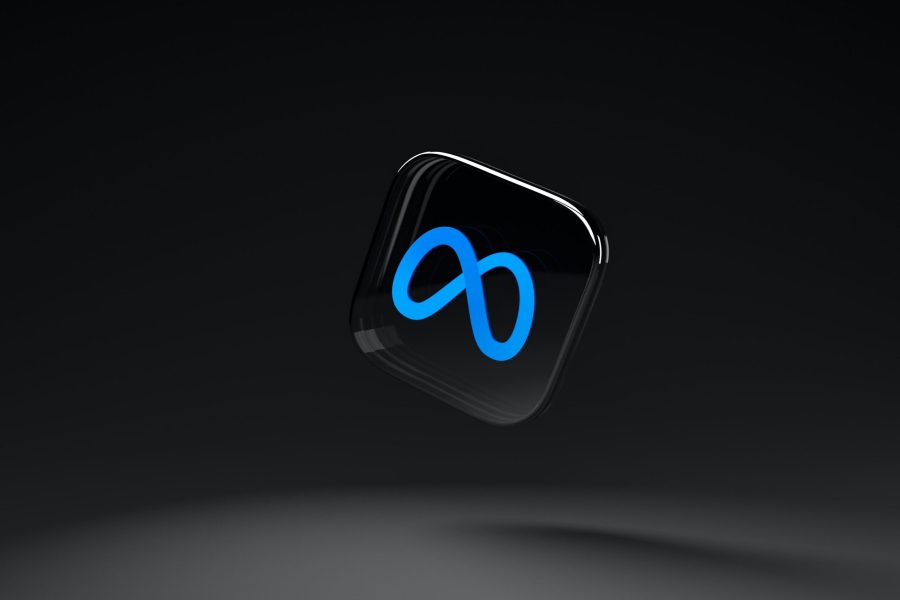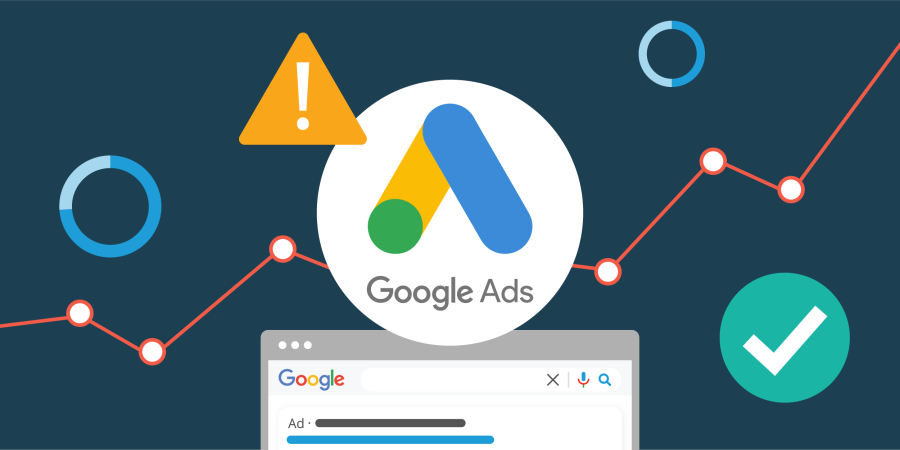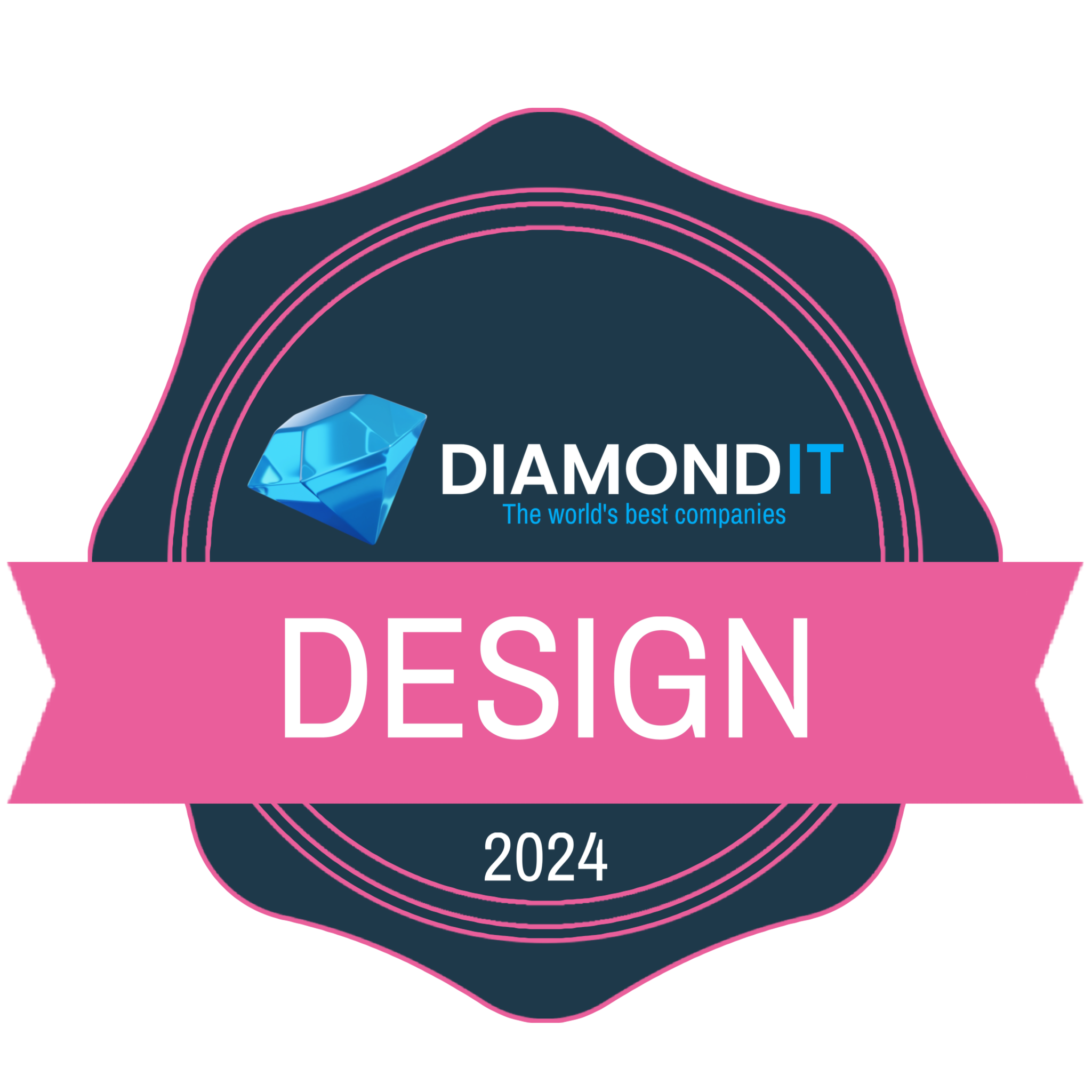Godot Engine: The Future of Open-Source Game Development
Godot has quickly become one of the most popular open-source game engines for both 2D and 3D game development. It offers a lightweight, powerful, and flexible alternative to commercial engines like Unity and Unreal Engine. With no licensing fees, a strong community, and a feature-rich environment, Godot is an ideal choice for indie developers, hobbyists, and even professional studios.
This article explores everything you need to know about Godot Engine, from its core features and scripting language to performance optimization and why it’s becoming a top choice for game developers.
1. What is Godot?
Godot is a free and open-source game engine released under the MIT license. It was created in 2007 by Juan Linietsky and Ariel Manzur and has grown into a powerful alternative to proprietary engines. Unlike Unity or Unreal, Godot does not require any royalties or subscription fees, making it an attractive choice for developers who want complete control over their projects.
Godot is widely used for 2D and 3D games, but it also supports virtual reality (VR), augmented reality (AR), and interactive applications. The engine is lightweight, runs smoothly even on older hardware, and has built-in tools for rapid game development.
Key Features of Godot:
✅ 100% Free and Open-Source – No licensing fees or royalties
✅ Lightweight and Fast – Small file size and optimized performance
✅ 2D & 3D Game Development – Powerful tools for both types of games
✅ Node-Based Architecture – Flexible and modular workflow
✅ GDScript – A user-friendly, Python-like scripting language
✅ Cross-Platform Support – Deploy to Windows, macOS, Linux, Android, iOS, and HTML5
✅ Active Community & Frequent Updates – Strong support from developers worldwide
2. Godot’s Node-Based Architecture
One of Godot’s standout features is its node-based system. Unlike engines that rely on GameObjects and Components (like Unity), Godot organizes everything into a scene-based hierarchy of nodes.
What Are Nodes in Godot?
Nodes are the fundamental building blocks of a Godot project. Each scene consists of nodes, and each node has a specific function (e.g., a character, a camera, a light source). By combining different nodes, developers can create complex behaviors without writing excessive code.
Some of the most commonly used nodes include:
- Node2D / Node3D – Base nodes for 2D and 3D objects
- Sprite2D – Used to display images and textures in 2D games
- RigidBody3D / RigidBody2D – Handles physics-based interactions
- AnimationPlayer – Controls character animations and cutscenes
- Camera3D / Camera2D – Defines the viewpoint of the player
The scene system makes it easy to reuse and modify assets, improving workflow efficiency.
3. Scripting in Godot: GDScript & Alternatives
Godot supports multiple scripting languages, with GDScript being the most popular.
GDScript: A Python-Like Language
GDScript is an easy-to-learn, dynamically typed programming language designed specifically for Godot. It is similar to Python, making it beginner-friendly and perfect for rapid development.
Other Supported Languages:
🔹 C# – Great for developers familiar with Unity
🔹 C++ – Used for performance-intensive applications
🔹 VisualScript – A visual programming language for non-coders
GDScript is the preferred choice for most Godot developers due to its tight integration with the engine and fast execution speed.
4. 2D Game Development with Godot
Godot excels at 2D game development, making it a top choice for platformers, RPGs, puzzle games, and side-scrollers. Unlike Unity, which treats 2D as an extension of 3D, Godot has a separate 2D engine, leading to better performance and simpler workflows.
2D Game Features in Godot:
🎨 TileMap Editor – Easily design game levels with tilesets
⚙️ Built-in Physics Engine – Create realistic 2D physics interactions
📌 Parallax Scrolling – Add depth to 2D backgrounds
🕹 Customizable Input System – Supports game controllers, touch, and keyboards
If you’re creating a pixel-art game or a mobile-friendly 2D game, Godot’s lightweight nature makes it an excellent choice.
5. 3D Game Development with Godot
Godot also supports 3D game development, although it is still catching up with Unity and Unreal in terms of graphics capabilities. However, it’s a great choice for indie 3D games or projects that don’t require ultra-realistic rendering.
3D Features in Godot:
🔹 PBR (Physically Based Rendering) – Realistic lighting and materials
🔹 Global Illumination – Advanced lighting techniques for dynamic scenes
🔹 Built-in Physics – Rigid body physics, soft body physics, and collision detection
🔹 GLTF & FBX Support – Import 3D models from Blender, Maya, and other tools
While Godot’s 3D capabilities are improving, it is still best suited for stylized graphics rather than high-end AAA game visuals.
6. Publishing and Cross-Platform Support
Godot allows developers to export games to multiple platforms with minimal effort. Supported platforms include:
✅ Windows
✅ macOS
✅ Linux
✅ Android & iOS
✅ HTML5 (Web)
✅ Consoles (with third-party tools)
The small engine size and optimized performance make Godot great for mobile and browser-based games.
7. Why Choose Godot Over Other Game Engines?
| Feature | Godot | Unity | Unreal Engine |
|---|---|---|---|
| License | Free & Open-Source | Paid for Pro Features | Royalties Required |
| 2D Support | ⭐⭐⭐⭐⭐ | ⭐⭐⭐ | ⭐⭐ |
| 3D Graphics | ⭐⭐⭐ | ⭐⭐⭐⭐ | ⭐⭐⭐⭐⭐ |
| Scripting | GDScript, C# | C#, Bolt | C++, Blueprints |
| Performance | Lightweight | Moderate | Heavy |
| Best For | Indie Devs, 2D Games | General Purpose | AAA Games |
If you’re an indie developer, hobbyist, or open-source enthusiast, Godot is an excellent choice for game development.
Conclusion: Godot is the Future of Indie Game Development
Godot is a powerful, free, and open-source alternative to Unity and Unreal. Whether you’re creating 2D, 3D, or mobile games, it provides flexibility, performance, and ease of use without licensing fees. With its active community, continuous updates, and growing popularity, Godot is shaping the future of game development.
🚀 Ready to build your game? Download Godot today and start creating!















